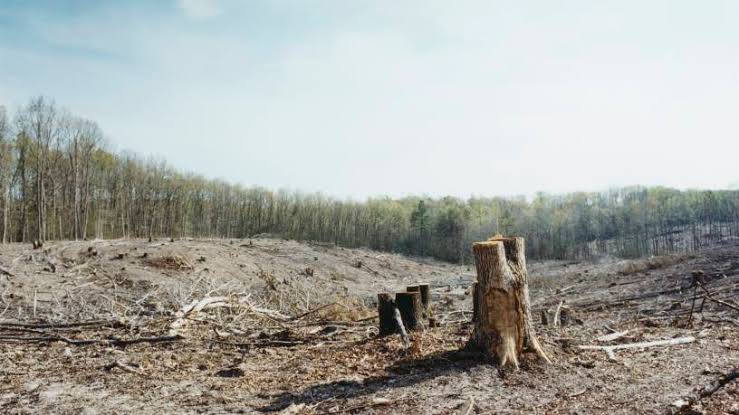Namibia’s agriculture minister has urged farmers to seek alternative markets for charcoal and beef products as the European Union has implemented non-tariff barriers in 2023, affecting one of the country’s key trading partners.
The European Union’s decision to enforce regulations on agricultural products from deforested areas in Namibia has sparked concerns about market access for items such as beef and charcoal.
These products will only be allowed in the European market if they meet the new standards, which Namibia’s Agriculture Minister, Calle Schlettwein, considers to be strict and limiting.
“When engaging in agriculture, land clearing is often required. Our charcoal industry and other agricultural sectors do have an impact on deforestation. I urge farmers to ensure they adhere to these regulations if they clear land,” Schlettwein explained.
However, Colin Lindeque, chairperson of the Namibia Biomass Industry Group, representing over 150 members, believes that the European Union Deforestation Regulation (EUDR) will not negatively affect exports to the EU.
He explained that the EU is requesting additional information, specifically geographic tags, to confirm that exported charcoal originates from savannah areas rather than deforested regions—an interpretation that Schlettwein disputes.
Lindeque believes the regulations are fair, and the Biomass Industry Group members are already meeting the new EU standards.
“A recent visit from an EU consultant to review the EUDR concluded that Namibia’s bush encroachment does not meet their definition of a forest. However, the real challenge is that our current Forest Act of 2001 lacks clear definitions, including what constitutes a forest,” Lindeque commented.
Johnson Ndokosho, the Director of Forestry at Namibia’s Ministry of Environment, pointed out that the revised Forestry Act is intended to resolve the legal uncertainties regarding the classification of forests, woodlands, and savannah.
He warned that Namibia’s ability to continue exporting beef and charcoal to the EU depends on whether the products are linked to deforested areas.
“If it’s determined that the beef originates from a deforested area, our exports could be at risk,” Ndokosho cautioned.
In the previous year, Namibia exported 270,000 tons of charcoal, valued at $72 billion (1.3 billion NAD), mainly to South Africa, which then re-exports it to various markets, including Europe. The EU remains the primary destination for Namibia’s beef exports, accounting for about 80% of the total, valued at roughly $23.5 million (420 million NAD).
Namibia is one of several countries affected by the EU’s new regulations, along with Brazil, Cameroon, and Nigeria.
The new EU regulations impact products such as cocoa, soy, palm oil, and coffee.

